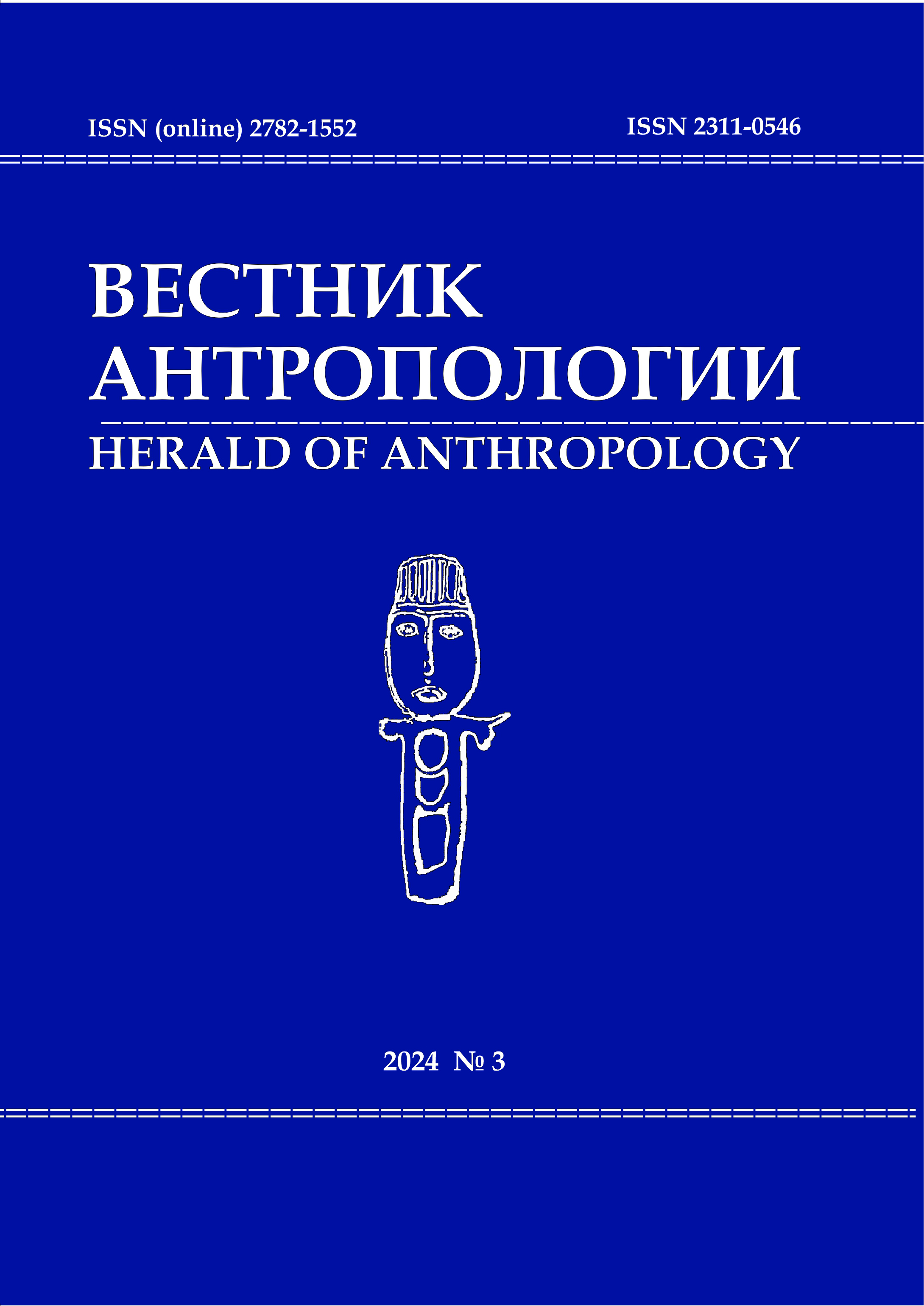Commemorative Practices as a Form of Mentoring to Preserve the Memory of the Past of the Family and Kin Community
DOI: 10.33876/2311-0546/2024-3/260-269
Keywords:
family memory, commemorative practices, family archive, ancestral archive, mentoringAbstract
The article is devoted to commemorative practices as a form of mentoring. The role of heritage is played by family archives and relics, which contribute to the formation and preservation of family memory and knowledge about the kin community. Families may collect their archives spontaneously, under the influence of social, everyday and individual psychological needs. In the case of mentoring, learning how to preserve information about family history and specific individuals is done purposefully. The study is based on the author’s fieldwork in 2009 — 2023 among the families of Baltic-Finnish and German ancestry (mainly multiethnic) living in the Murmansk region. Most of these families suffered from the Stalinist repressions, since the Finns and Germans were considered “unreliable”. The need for commemorative activities arose because for many decades it was taboo in families to mention the “undesirable” social or ethnic origin. As a result, many facts about the past of the kin and about individual members of such families have been lost. The problem is that some descendants do not realize the need to reconstruct the family history. The purpose of the study is to record and show the process and results of families’ efforts to preserve their memory and to find out whether this experience and its value are transmitted within family groups. The study used oral history methods and the comparative historical method to analyze the data obtained. The article provides examples of mentoring, expressed in the involvement of family members in creating an archive, compiling family trees, collecting photographic material, preserving relics and family traditions. The results show that the preservation and transmission of family memory largely depends on the cultural level of the family and, above all, on representatives of the older generation who act as mentors.





















